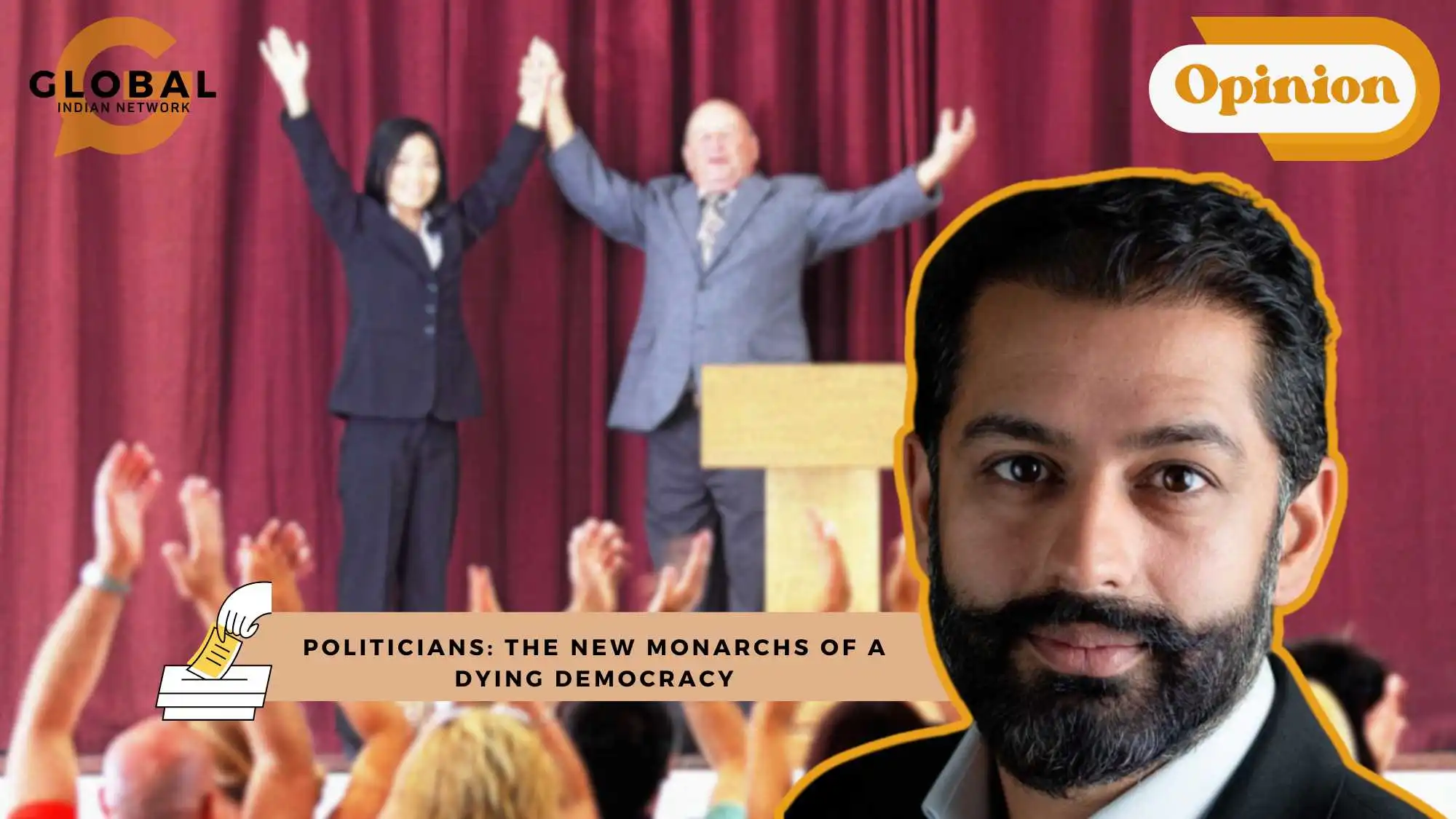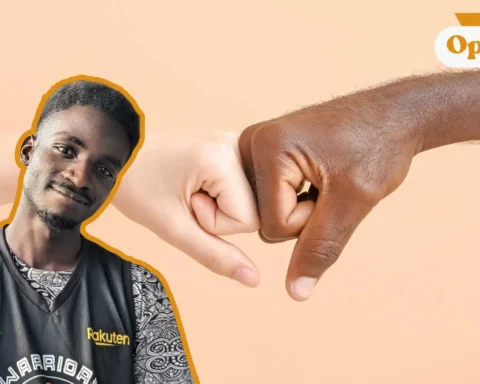Where is the integrity that we once placed upon leadership? Where are the values that hold nations together? Have we lost the very essence of governance? As I travel across the world, from the power corridors of Washington to the bustling streets of Mumbai, from the oil fields of Guyana to the diplomatic halls of Brussels, I see a pattern emerging. Politicians and their respected oppositions are no longer representatives of the people—they have become the new monarchs.
I have sat with presidents and prime ministers, CEOs and changemakers, and the conversation is always the same: Power is no longer earned. It is seized, maintained, and protected like a royal inheritance. It is not wielded for the benefit of the people but for the survival of the few. And this is not just a Western problem or an Eastern one. It is global.
I remember a conversation I had in East Africa with one of the continent’s wealthiest men. We sat in his home bar, surrounded by historic memories, and he told me, “Rajan, politics is not about service anymore. It’s a business. And in business, the goal is to keep control.” This is not a unique statement. I have heard variations of it in Sierra Leone, in Suriname and even in the UK.
The world was supposed to have moved beyond monarchy. Democracy was meant to be the great equalizer. Yet today, elections feel like coronations. Power is transferred not through the will of the people but through wealth, connections, and manipulation. The political elite has learned from the kings of old—control the resources, control the narrative, and divide the people.
The Illusion of Democracy and the Rise of Political Monarchs
I once stood outside the Reichstag in Berlin, thinking about how history had witnessed the fall of empires and the rise of democracies. Yet today, even the most established democracies feel fragile. Leaders who were supposed to be temporary custodians of power are entrenching themselves like dynasties.
Look at the political families in North America, Asia and even Europe. Look at the way power is passed down, even in supposedly free democracies, the same faces keep reappearing, the same ruling families keep dominating, and the same interests keep controlling.
During a discussion on G-Audio Insider Nation, we examined how nations are slowly tilting toward authoritarianism—not through force, but through legislation. Laws are rewritten, constitutions are amended, and opposition is crushed through bureaucracy rather than bloodshed. It is a more sophisticated form of monarchy. And the people? We are too distracted to notice.

Identity Warfare: The Modern “Divide and Rule”
When I was in Sierra Leone during the Ebola crisis, I saw firsthand how fear can be weaponized. A deadly virus was killing people, but the real virus was misinformation. Local leaders used fear to gain power, playing on tribal differences and mistrust of foreign aid and politicians… well they benefited firsthand. The lesson was clear: Keep people afraid, and they will cling to their rulers, no matter how corrupt.
This is happening on a global scale. Leaders are using race, religion, and nationalism to keep us divided. Identity warfare has become the new tool of control. We are told that our neighbours are our enemies, that those who think differently are a threat, that unity is dangerous. The moment we start fighting each other, we stop fighting the system.
This tactic is nothing new. I saw it in Montenegro, where historical grievances are still used to control the population. I saw it in Canada, where issues around Sikh identity are shaping foreign policy debates. I saw it in the Caribbean, where racial and colonial divisions are still exploited by politicians.
The truth is, we were never meant to be divided. We were nomads once—free thinkers, explorers, challengers of power. But today, the system controls us, and we have allowed it.
A World on the Brink of Global War
I was in St Kitts and Nevis in 2017 when three Category 5 hurricanes tore through the Caribbean. I remember standing there, watching nature unleash its fury, and realizing how powerless we truly are when real catastrophe strikes. And yet, here we are, on the brink of global war—not because of nature, but because of men who see war as a business opportunity.
We are being led into conflict not by necessity but by design. The world has never been more financially and politically aware. We have the tools to broker peace. We have the intelligence to avoid disaster. Yet, we still march toward destruction.
Why? Because war benefits the few. I have spoken to billionaires who invest in defense stocks before tensions rise. I have sat with political analysts who admit, off the record, that some conflicts are encouraged simply to keep economies moving. The world is a chessboard, and we are the pawns.
But here’s what they don’t want us to realize: The moment we stop playing their game, the board collapses.
The Moment We Look at Each Other Differently, the World Changes
In my travels, I have met people from all walks of life and many I call friends, from Ismailis in East Africa, Hindu business leaders in Suriname, Christian leaders in Latin America, Buddhist politicians in Cambodia, Jewish Entrepreneurs in London through to Sikh Lawyers in Canada and those of the Bihai faith. And what I have realized is this: The differences we are told to fear are artificial. The moment we stop seeing each other as enemies, the world changes.
I have spent time with people who were once on opposite sides of war. I have sat with Israeli entrepreneurs and Palestinian thinkers who, despite their history, want the same things—security, prosperity, and peace. The same is true in India and Pakistan. But for many politicians, peace threatens their power.
The System Controls Us—Until We Choose Otherwise
We were never meant to be ruled like this. The system is only powerful because we allow it to be. But make no mistake—change is coming. Whether through technology, through revolution, or through a global awakening, the old world is cracking.
But here is the real question: Will we take this opportunity to reclaim our freedom? Or will we allow history to repeat itself once more?

Have an opinion on this matter? Let us know your thoughts in the comment section below. If you want us to feature your opinion piece, send it to larra@globalindiannetwork.com.









